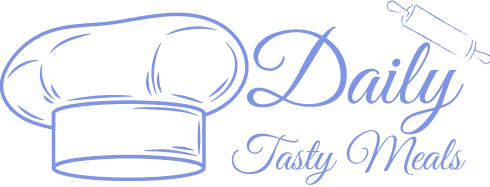Exploring the French Breakfast: Traditions, Components, and Recipes
French breakfasts are known for their simplicity and elegance. They are often lighter than other global breakfasts but still reflect unique charm and culinary skill. A French breakfast isn’t just about eating—it’s an experience.
Historical Background of French Breakfast
The history of French breakfasts shows the country’s love of food. In earlier times, breakfasts were big, designed to fuel farmers for hard work. Over time, they became lighter and more refined, matching modern French culture.
Typical Components of a French Breakfast
A typical French breakfasts is simple and satisfying. Here’s what it includes:
Beverages
- Coffee: Types include café au lait (coffee with milk) and espresso.
- Hot Chocolate (Chocolat chaud): Popular with children.
- Fresh Juices: Often orange or grapefruit.
Breads and Pastries
- Baguette: Served with butter and jam (tartine).
- Croissants: The classic French pastry.
- Pain au Chocolat: A sweet pastry filled with chocolate.
- Brioche: A soft, buttery bread.
Dairy Products
- Yogurt: Plain or lightly sweetened.
- Fromage Blanc: A creamy cheese paired with honey or fruit.
Regional Variations in French Breakfast
Breakfasts differ across France:
- In cities, meals are light and quick, with pastries and coffee.
- In rural areas, they are heartier, often including cheese and cured meats.
The Role of Pâtisseries and Boulangeries
Bakeries (pâtisseries and boulangeries) are central to French breakfasts culture:
- They provide fresh pastries and breads daily.
- Their high-quality offerings make mornings special.
Preparing a French Breakfast at Home
You can recreate a French breakfasts at home with these steps:
Essential Ingredients
- Fresh bread, like baguettes or croissants.
- Quality butter and preserves.
- Freshly brewed coffee or hot chocolate.
Recipes to Try
- Classic French Omelette: Made with eggs, butter, and herbs.
- Crêpes: Thin pancakes with sweet or savory fillings.
- Homemade Croissants: Buttery and flaky pastries.
Nutritional Aspects of French Breakfast
French breakfasts are balanced but light:
- Carbohydrates: Provide energy from bread and pastries.
- Proteins: Found in dairy and eggs.
- Fats: Added by butter and pastries.
Moderation and balance are key to enjoying these breakfasts.
FAQs about French Breakfast
What do the French typically eat for breakfast?
Coffee, pastries, and bread with butter and jam are common.
Is it common to have savory items in a French breakfast?
Savory items are less common but may include omelettes and cheese.
How do French breakfast habits differ from American ones?
French breakfasts are lighter and focus on quality over quantity.
Are pastries eaten daily in France?
Pastries are iconic but often saved for weekends or special occasions.
What beverages are popular during French breakfasts?
Coffee, hot chocolate, and fresh juices are staples.
Conclusion
The French breakfasts is a simple and high-quality tradition. Adding these elements to your mornings can bring a little French flair to your day.
Suggested Internal Links
- High Protein Dinner Ideas: High Protein Dinner Ideas
- Chicken Parm Sandwich: Chicken Parm Sandwich
- Brisket Sandwich: Brisket Sandwich
- Mexican Breakfast: Mexican Breakfast
- Swamp Soup Recipe: Swamp Soup Recipe
- Cube Steak Crock Pot Recipe: Cube Steak Crock Pot Recipe
- Boneless Rib Roast Recipe: Boneless Rib Roast Recipe
- Starbucks Egg White Bites Recipe: Starbucks Egg White Bites Recipe
